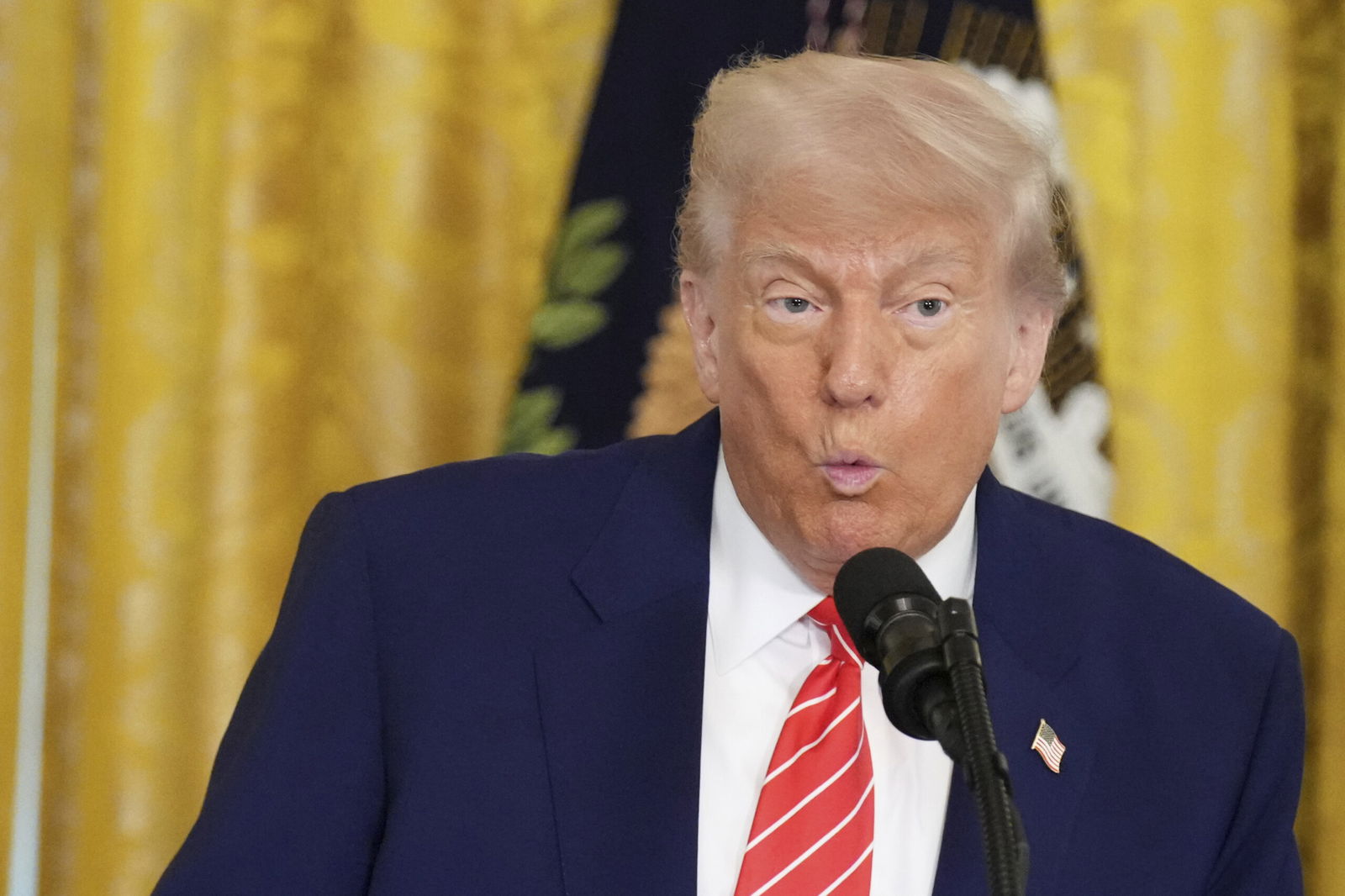Trump asks Supreme Court to allow him to end humanitarian parole for 500,000 people from 4 countries

By LINDSAY WHITEHURST
Associated Press
WASHINGTON (AP) — President Donald Trump’s administration asked the Supreme Court on Thursday to allow it to end humanitarian parole for hundreds of thousands of immigrants from four countries.
The emergency appeal asks the justices to halt a lower-court order keeping in place legal protections for more than 500,000 people from Cuba, Haiti, Nicaragua and Venezuela.
The Republican administration argues that the decision wrongly intrudes on the Department of Homeland Security’s authority.
“The district court has nullified one of the administration’s most consequential immigration policy decisions,” Solicitor General John Sauer wrote.
The order from U.S. District Judge Indira Talwani in Boston blocked the Trump administration from putting an early end to the immigrants’ temporary legal status. Her ruling in mid-April came shortly before their permits were due to be canceled, setting them up for potential deportation.
Talwani, who was appointed by Democratic President Barack Obama, said that immigrants in the program who are in the United States legally now face an option of “fleeing the country” or staying and “risk losing everything.” She said the government’s explanation for ending the program was “based on an incorrect reading of the law.”
The case is the latest in a string of emergency appeals the Trump administration has made to the Supreme Court, many of them related to immigration.
Trump promised on the campaign trail to deport millions of people who are in the country illegally. His administration has also sought to dismantle policies from President Joe Biden’s Democratic administration that created new ways for people to live legally in the U.S., generally for two years with work authorization.
Biden used humanitarian parole more than any other president, employing a special presidential authority in effect since 1952. Beneficiaries included more than 500,000 Cubans, Haitians, Nicaraguans and Venezuelans who flew to the United States with financial sponsors on two-year permits since late 2022, with authorization to work.
Advocates have called the Trump administration’s move to end the program “unprecedented” and argued that it violated federal rule-making.
___
Associated Press writer Elliot Spagat in San Diego contributed to this report.




